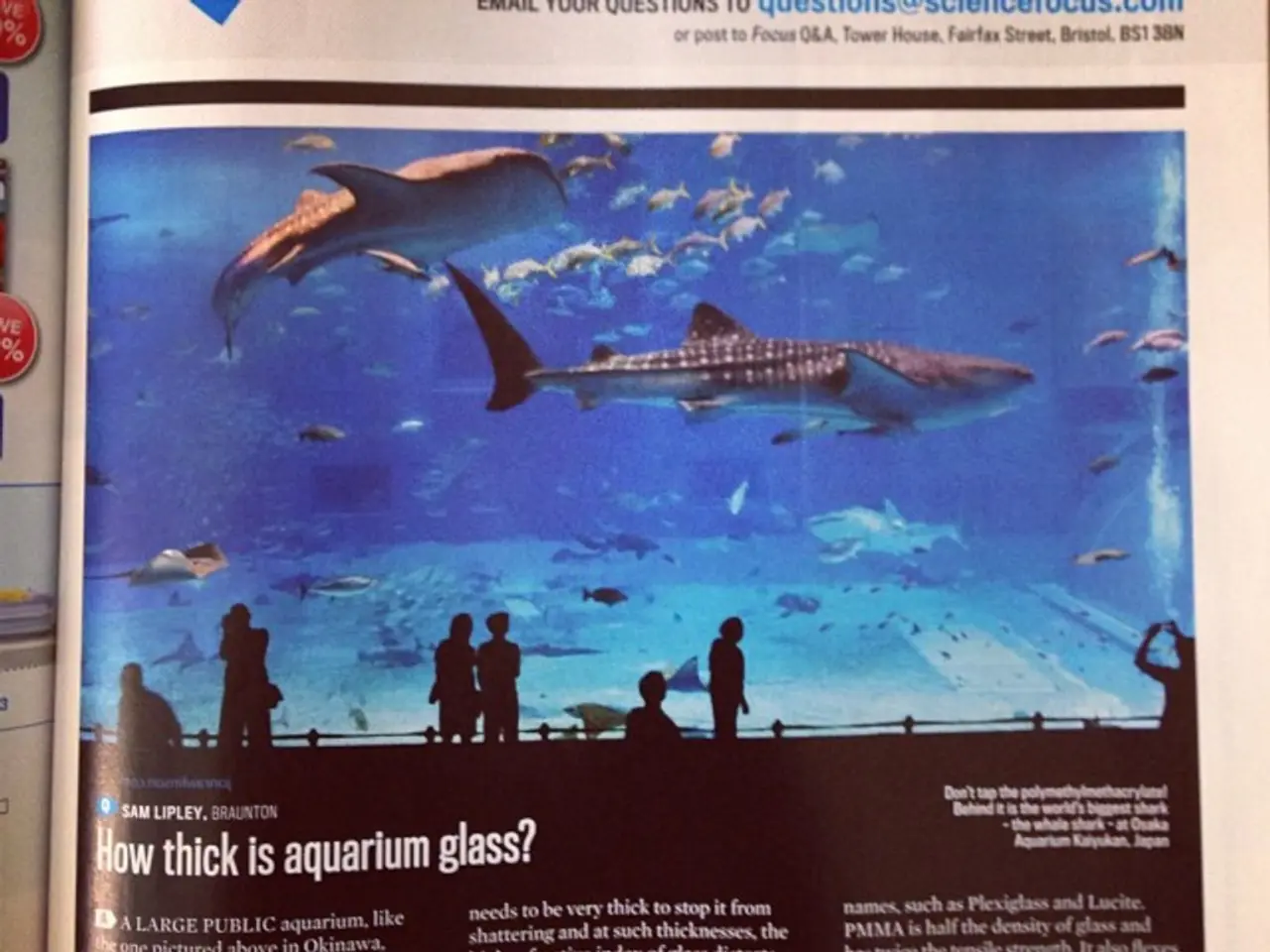Raleigh City broadens transportation alternatives by introducing a trial period for dockless bicycle-sharing system
The city of Raleigh, North Carolina, is set to revolutionize its transportation landscape this summer with the introduction of a dockless bikeshare pilot program. This innovative initiative, running from mid-August 2025 to April 2026, will introduce up to 215 electric-assist bikes from partners Spin and Lime [1][2].
The primary objectives of this pilot are to increase flexibility for users, provide more transportation options, and collect data and community feedback to improve the system [1]. The dockless system allows trips to start and end anywhere within designated areas, replacing the need for fixed docking stations. Instead, new designated parking locations called corrals will be established, with the existing 32 docking stations set to be phased out [1][3].
The dockless bikes will be available 24/7 for rider convenience, and the city plans to identify optimal parking spots downtown to avoid cluttering sidewalks [1]. This program aims to enhance mobility and connectivity, offering residents more convenient ways to travel for short trips and transit connections. The potential to reduce car use and associated emissions by offering an accessible alternative through electric-assist bikes is another significant advantage [1].
Kenneth Ritchie, manager of the city of Raleigh's Office of Mobility Strategy and Infrastructure, stated that the pilot aims to build on the success of the current micromobility program, expand access, and measure the impact of the new model on bikeshare usage in the city [4]. The pilot program is part of a broader effort to modernize the city's shared micromobility system [4].
Since the launch of shared micromobility in Raleigh, riders have logged over 1.9 million miles across scooters and bikes [4]. The city will monitor ridership data, conduct surveys, and assess the new model's support for community needs over the next year [1].
The city will not incur any operating cost for the pilot program [1]. After the pilot ends in April 2026, a request for proposals for new long-term micromobility services is anticipated, open to both current and new vendors [1]. The new bikeshare program offers users a more flexible, updated version based on best practices and public feedback.
Sources: [1] City of Raleigh (2025). Dockless Bikeshare Pilot Program. [Online]. Available: https://www.raleighnc.gov/Bikeshare [2] Spin (2025). Partnership with City of Raleigh for Dockless Bikeshare Pilot Program. [Online]. Available: https://spin.pm/press/city-of-raleigh-dockless-bikeshare-pilot-program/ [3] Lime (2025). Lime Partners with City of Raleigh for Dockless Bikeshare Pilot Program. [Online]. Available: https://www.li.me/press-releases/lime-partners-with-city-of-raleigh-for-dockless-bikeshare-pilot-program/ [4] News & Observer (2025). Raleigh introduces dockless bikeshare pilot program. [Online]. Available: https://www.newsobserver.com/news/local/article267316073.html
- The dockless bikeshare pilot program in Raleigh, North Carolina, is anticipated to influence the city's infrastructure, particularly in the transportation sector, as it aims to improve connectivity and mobility.
- The introduction of the dockless bikeshare program is not just about providing more transportation options; it also serves to collect valuable data and community feedback for future enhancements in environmental-science and industry.
- As the city's focus expands beyond traditional transportation solutions, finance plays a crucial role in funding new technological initiatives that cater to the evolving needs of the city's residents and promote a sustainable lifestyle.
- With the growth of the city's shared micromobility system, the potential impact on the environment through reduced car use and associated emissions becomes increasingly significant, aligning closely with the principles of science and environmental-science.



